20,220 Miles From Home
Some Air Academy students are a long way from home. Currently, four foreigners walk among us. No they’re not aliens; they’re just exchange students quite a few plane rides out of their comfort zone: that’s a lot of miles if you add it up. 5,092 mi (Lea Rilling); 5,106 mi (Alicia Ramírez Castán); 4,975 mi (Soeren Becker); 5,047 mi (Elisabeth Bohme); 20,220 in total. Fully immersed in American society and exposed to a completely different lifestyle, these trans-Atlantic adventurers have surely noticed a cultural incompatibility. I figured there are a lot of curious people out there who might wonder what that kind of experience is like; so I asked them.
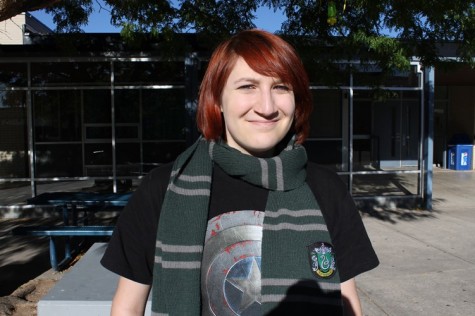
Lea Rilling, a 15 year old Junior from Bingen, Germany, is staying with her godmother, Sandra, and Sandra’s husband, Dave Cipriani. According to Lea, saying the Pledge of Allegiance each morning has been the strangest tradition in our country. If you think about it, we as students have always said the Pledge; from the day we started school in kindergarten, we’ve stood almost robotically with our hands over our hearts and have monotonously declared our pride for our freedom and home country. Is that how it should be done? From the outside in, Lea’s observation should be a wake-up call. She says that the biggest difference between here and Germany is that “[we] seem to be prouder of [our] country than [Germans] are.” Shouldn’t that tell you something? Should we feel as much pride as our peers say we do?
Aside from the country pride, there are a few other fascinating differences between Air Academy and Lea’s school back home. For one, they don’t have lockers. The rusty, impossible-to-open homes for our beat-up textbooks are apparently not a German norm.

Soeren Becker, a Junior from Berlin, Germany, says that the strangest thing about America (so far in his experience) is that we have to take a car if we want to go anywhere. Why do we not have wide-ranging modes of transportation like European countries do? Where is all of our public transportation? Primarily in the middle of massive cities. For one, places in America are more spread out than in Europe. In a way, the space and the distance between places in America, for the most part, is exciting – a scattered puzzle with empty pockets of potential. Personally, though, I find European transportation much more characteristic and enticing- walking, biking, buses, subways, canoeing down a river at night with perfect lighting and romantic music playing at a neighboring restaurant (not that I’ve ever been to Germany or Spain to experience it, but movies and books can be extremely convincing). Other than our means of transportation, Soeren says he wouldn’t change anything; “I would include public transportation, nothing more… I love your culture.” I definitely have to agree with Soeren that if we could change one thing about America, there would be more than one way to get around; because let’s face it, as meek as it sounds, if you don’t have a car, you’re stuck at home.
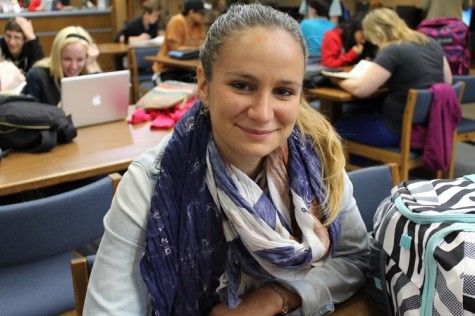
For Alicia Ramirez Castan, Air Academy is significantly bigger than her previous school in Sabinanigo, Spain. It’s also more common to be on a sports team here. Alicia transitioned from a small village to Colorado Springs- a shocking difference to be sure. Her old school, as indicated by all three other exchange students, was definitively harder. “It’s easier to have good grades [here]” -Alicia; “[You] have almost no homework” -Lea; “AAHS is much easier than my school” -Soeren; “[Back home we] don’t have homework”- Elisabeth.
I find it rather demoralizing that we aren’t as advanced in education as Spain and Germany, but at least we have potential to grow.
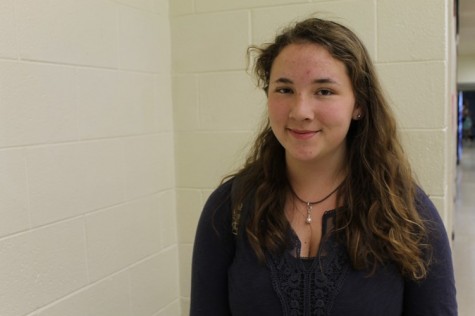
However, Elisabeth Bohme from Hildesheim, Germany explained to me that her school is far different, and unfortunately worse in her opinion. They don’t have middle school in her city, so all the students from 5th grade to seniors are split into classes of 25 kids, more or less. From 5th grade all the way to senior year, you are stuck with the same group of kids every day with the identical schedule. Basically, if you don’t like someone in your group, you can’t do anything about it.
I asked the four of the students for their favorite American food and was answered with hamburgers (Lea), pizza (Soeren), Chipotle in general (Elisabeth), and just the sheer quantity of the serving sizes (Alicia). “I like all the American food that I have tasted so far! It is more… I love it!” – Alicia
Between the four of them, America is simply a mod-podge of new culture and immersion in a different way of life. They can’t fully express the time they’ve had, as such an experience needs to be lived to be understood. I find it intriguing how diverse our country is. Understandably, America was built upon the foundation of immigrants and people from every land. Today is no different, in some ways at least.
To the four of you, I sincerely hope that you enjoy your time here. I have a feeling that you already do!
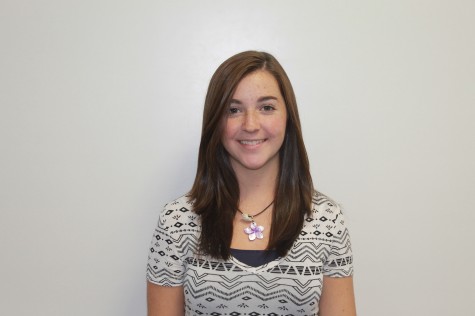
People often refer to me as the Captain, due to my daring nature and ability to lead masses of people across storming seas unharmed. And even if people...



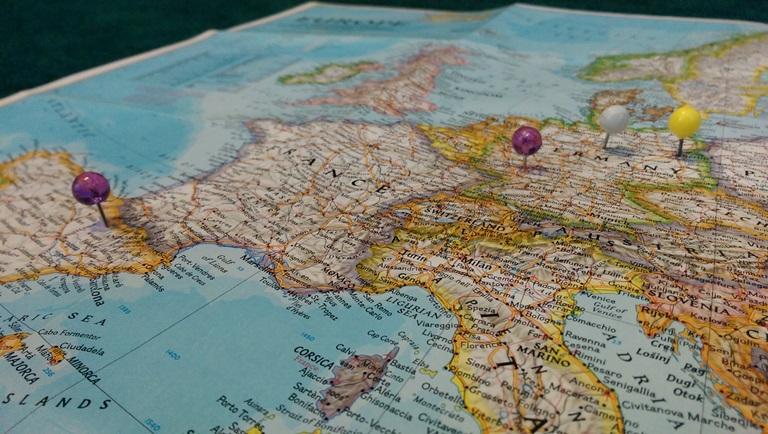

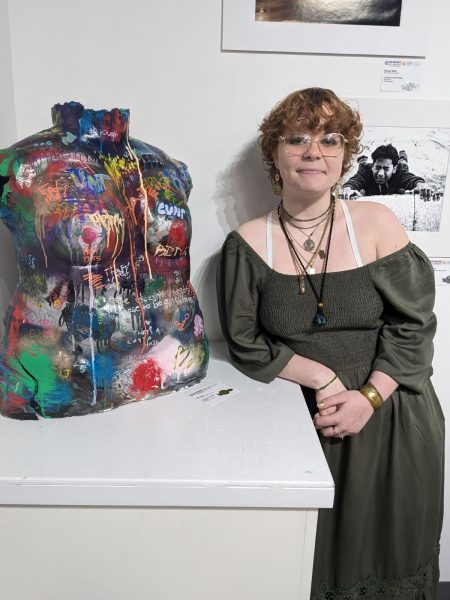






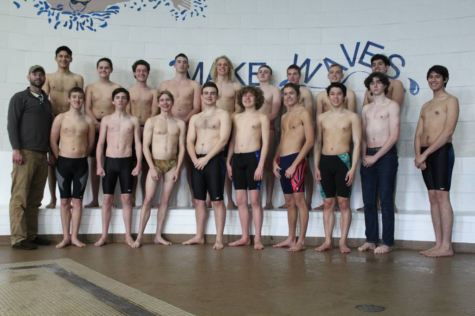
Cody Maynard • Oct 15, 2014 at 8:23 pm
Hey sis. Solid article, very well written. Keep up the good work.